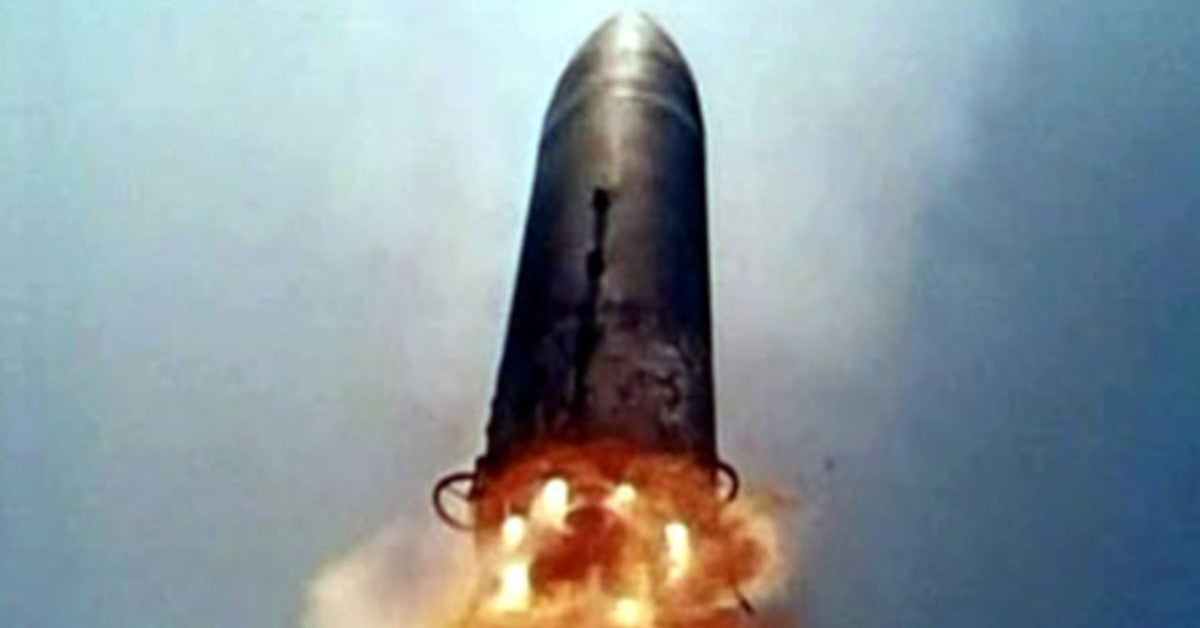A piece of a rocket ship that is 10 stories and weighs 23 tons will crash land here on Earth – although nobody knows exactly where it will hit. While it’s being stated that the chances of the rocket crashing into a populated area are small, it’s not out of the question. The rocket in question is China’s Long March 5B, which is currently said to be “tumbling out of control in orbit” and is expected to make “an uncontrolled re-entry” to Earth, after it was used to help launch China’s new space station, last week.
Videos by ComicBook.com
The particular piece of the Long March 5B rocket that’s now headed back to Earth is the “core booster stage” that is used to lift some of the bigger, heaviest pieces of the space station. Based on analysis of the rocket’s lift and projected descent path, major American cities like New York are potential targets for where the rocket’s debris can fall. At this time, the nonprofit organization Aerospace Corporation predicts the Long March 5B is expected to make re-entry on Saturday, May 8th around 11:45 pm EST. That window of time (based on latitude and longitude) makes it likely that the rocket will land somewhere in northeast Africa, in the area of Sudan.
However, those are purely speculative estimates that are still in flux; yesterday, the Indian Ocean was the projected point of re-entry. The “debris footprint” (i.e., the impact and severity of the rocket’s crash) also depends on a lot of factors, including time of day (sun intensity).

Aside from the obvious concern over what happens with the Long March 5B rockets crash-landing on Earth, this incident is now raising bigger questions about the procedural processes of space programs across the world. Obviously, the focus is on China at the moment; China’s space program has a slate of additional launches already set, and so that program’s treatment of these rockets (and any related materials) is worthy of concern. China has been pushing hard to achieve major feats in space exploration, including geological samples from the moon, and getting a spacecraft in orbit around Mars, and it’s clear that aggressive push is not going to stop anytime soon.
Analysts and experts weighed in on NYT‘s article on the impending rocket crash, expressing concern for how China’s space program is operating. One expert who tracks objects moving through space – Jonathan McDowell, an astrophysicist at the Center for Astrophysics in Cambridge, Mass – had this to say: “I think it’s negligent of them [China]. I think it’s irresponsible.”
The US Government has also issued a statement on the Chinese rocket’s re-entry, via White House press secretary Jen Psaki:
“It’s in the shared interests of all nations to act responsibly in space to ensure the safety, stability, security and long-term sustainability of outer space activities,” Psaki said on Wednesday, adding that the United States wants to promote “responsible space behaviors.”








